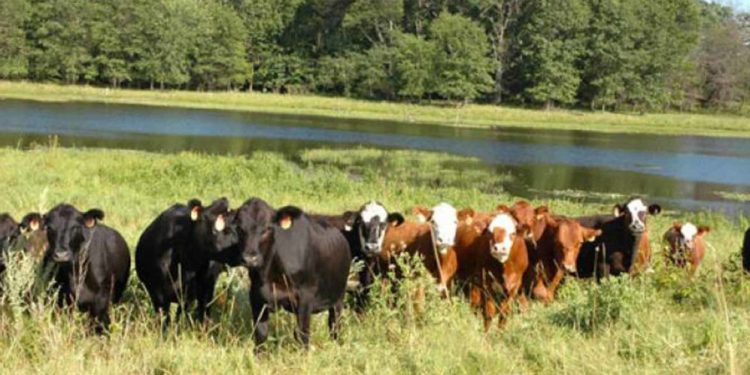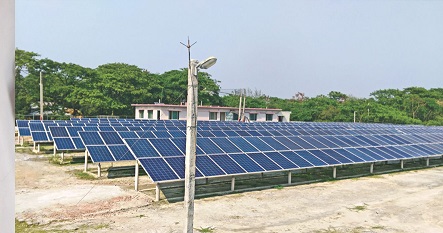The Federal Government has unveiled plans to transform 417 grazing reserves across the country into fully functional “Renewed Hope Livestock Villages,” equipped with modern infrastructure and services to support livestock farmers and boost rural economies.
Minister of Livestock Development, Idi Maiha, disclosed this during the signing of a Memorandum of Understanding (MoU) with the Rural Electrification Agency (REA) to deploy solar-powered mini-grids across the reserves.
According to the Minister, the initiative will provide electricity, schools, healthcare facilities, markets, abattoirs, veterinary services, irrigation systems, road networks, clean water, and security infrastructure. He explained that the project is designed to resettle pastoralists, reduce herder-farmer conflicts, and modernise livestock production in line with global best practices.
“Nomadic pastoralism is no longer sustainable due to climate change, increasing competition for scarce resources, and the growing size of the national herd. This programme is about improving quality of life, creating jobs, and boosting productivity through settled livestock communities,” Maiha said.
Pilot projects have already been identified in Wawazangi (Gombe State), Wasem (Plateau State), Gongoshin (Adamawa State), and Ka’u (Bwari Area Council, FCT), where solar grids and supporting infrastructure will soon be deployed.
The Minister further noted that the Renewed Hope Livestock Villages will not only serve cattle herders but also support pig, goat, and sheep farmers across the country, opening up new economic opportunities for livestock owners and agribusinesses.
REA Executive Secretary, Abba Aliyu, said the partnership reflects the agency’s mandate to power rural communities and sectors through renewable energy.
“If you have a grazing reserve with schools, health centres, markets, and abattoirs, that is a perfect cluster for electrification. This initiative will energise communities, empower smallholders, and boost productivity in the livestock sector,” Aliyu added.
The initiative is expected to strengthen food systems, create jobs, and foster rural development by integrating energy access with agriculture and livestock production.










